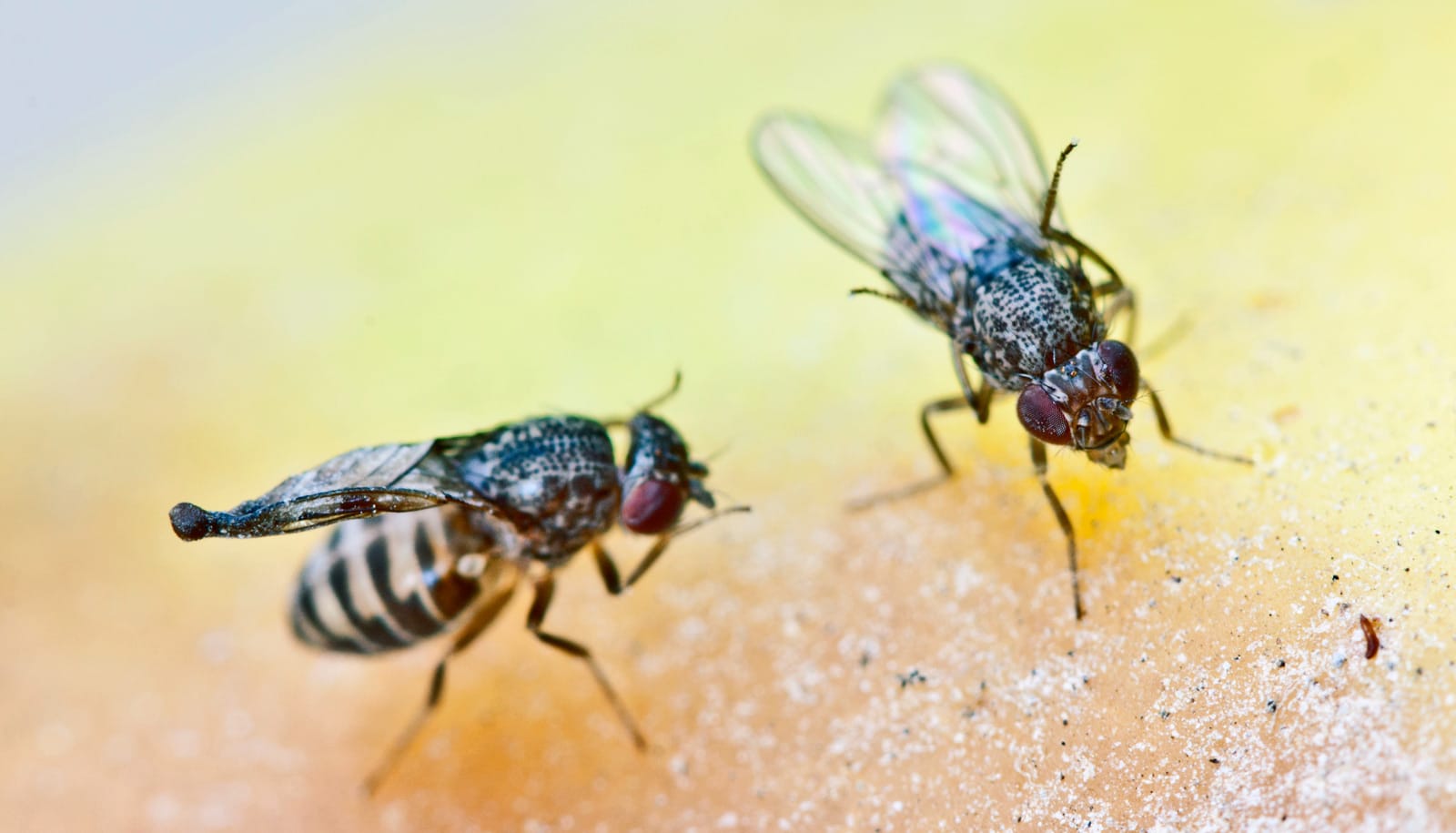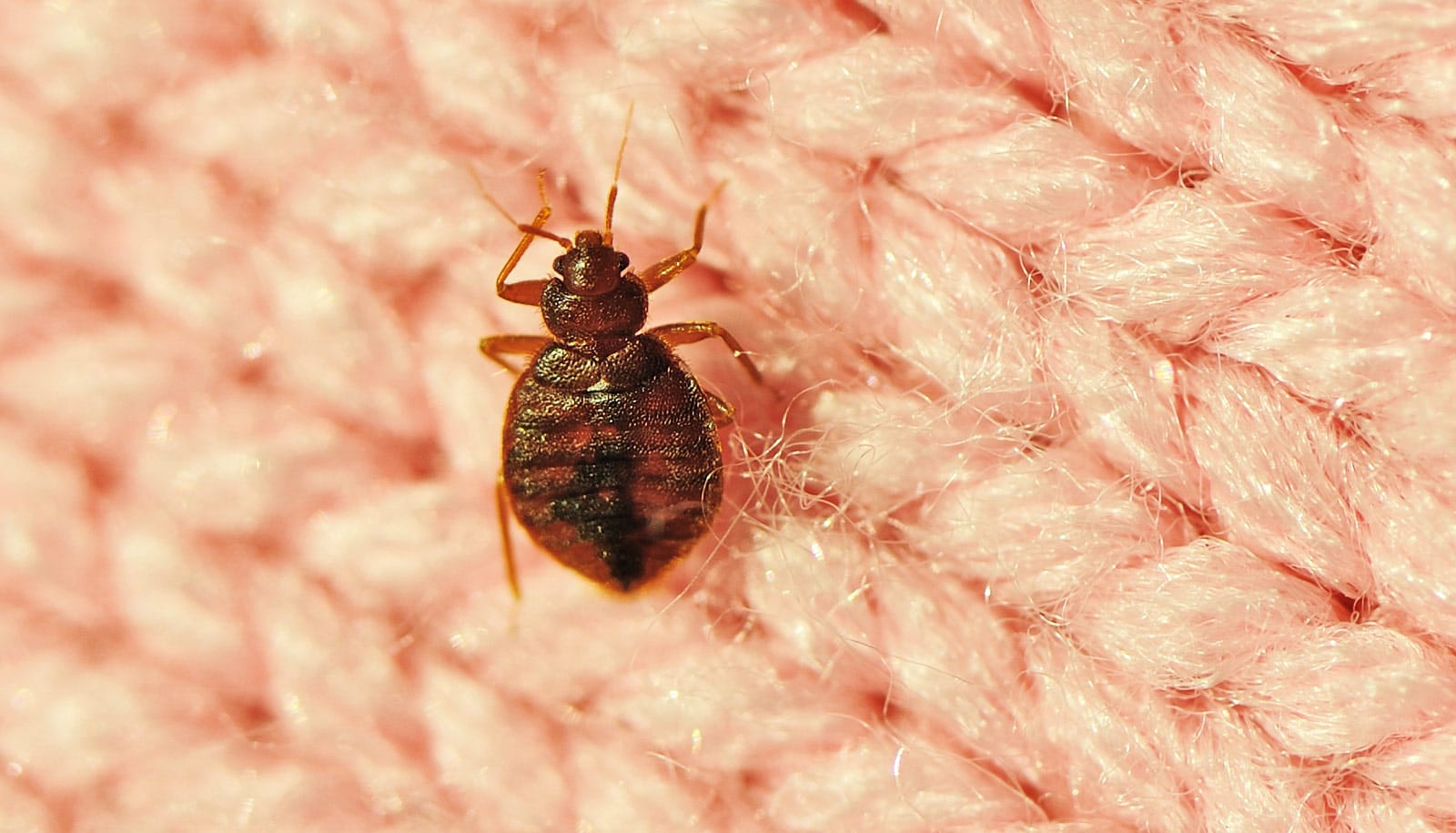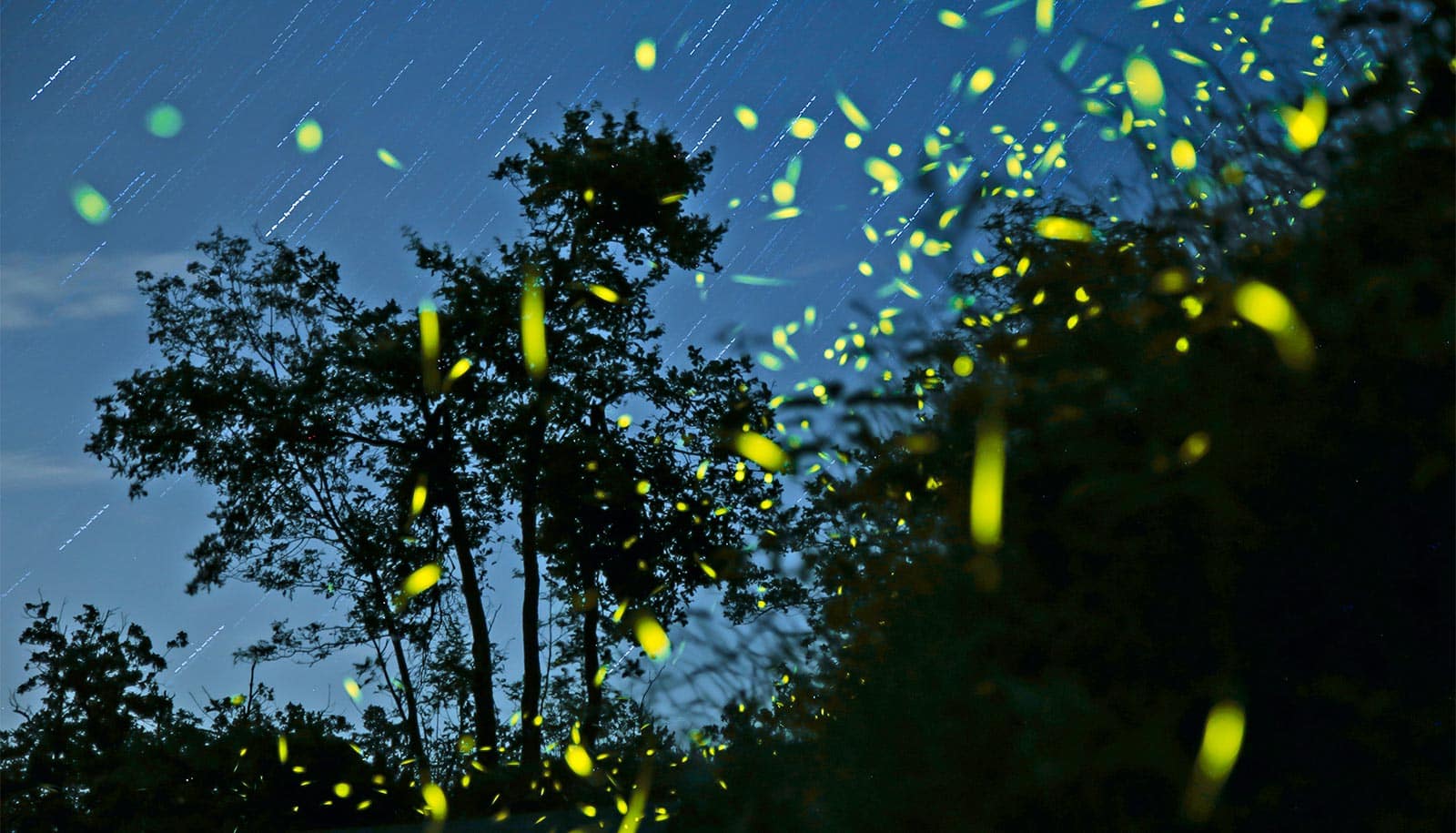Exposure to mild heat as juveniles negatively affects fruit flies’ chances of producing offspring as adults, report researchers.
The findings suggest that insects are already feeling the effects of climate change, as 2016 is reported to be the hottest year on record.
“While these insects don’t die because of the mild heat—they produce fewer offspring.”
The research also reveals that the extent of the negative effects vary depending on where the insect population is based. Insects that evolve in countries at low latitudes—such as Spain—cope better with above-average temperature rises compared to those living at high latitudes—such as Sweden.
This could mean that insects in high-latitude countries are more vulnerable to climate change, which could lead to declines in populations.
“We already knew that insects are feeling the effect of climate change but we now know they are felt at much lower temperatures,” says lead investigator Rhonda Snook of the University of Sheffield’s department of animal and plant sciences.
Cicada mating calls draw attract both male and female flies
“Our study is unique as we only exposed the insects to mild heat but tested the long-term impact this had on them as both juveniles and when they reached adulthood. The results show that even small increases in temperature may still cause populations to decline because—while these insects don’t die because of the mild heat—they produce fewer offspring.
“Juvenile insects are extremely susceptible to environmental changes as they don’t move around much because they are either larvae—like butterfly caterpillars—or they don’t yet have wings to fly away.”
The findings appear in the Journal of Evolutionary Biology.
“We are now interested in finding out what genes differ between Spanish and Swedish populations that allow the Spanish flies to cope better,” adds Snook.
“Identifying genes that are linked to increased and decreased reproduction is something which may be very useful not only in understanding how insects will cope with climate change but from the perspective of controlling insect pests.”
Source: University of Sheffield



